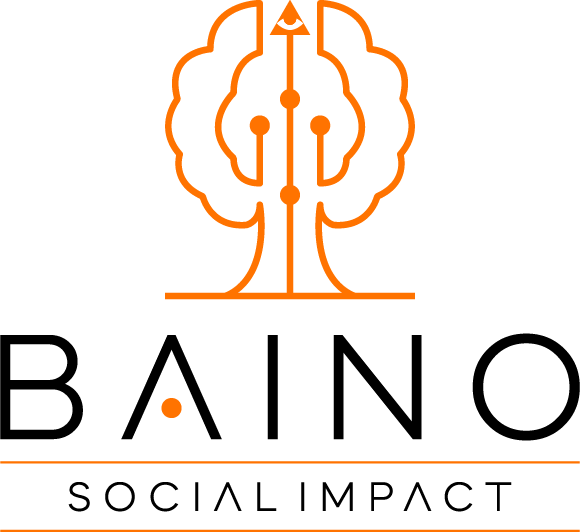For our vision, our children require holistic development preparation – to appeal to the mental, physical, emotional, and social demands.
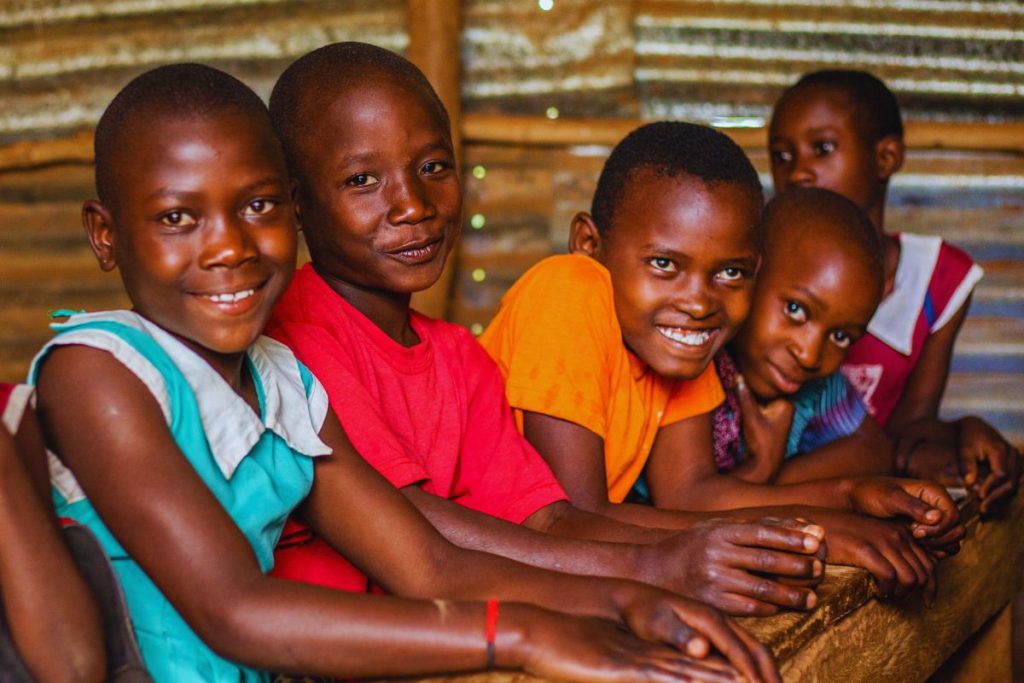
The future of the Busoga region lies in its children. Children are the only true treasure – the epitome of human existence.
How they are nurtured and prepared for Busoga’s vision is imperative and naturally commands the meticulous attention we can muster.
A special project should, therefore, be allotted to enforcing what we must do to ensure that the early lives of children of the Busoga region are as ideal as possible. Investment in this project will pay off in uncountable folds for the Busoga region and its defined vision and, consequently, for the nation.
“Early childhood” is the period from birth to eight years old. Age seven is a critical year for mastery of the reading skills upon which further learning will build. It is a time of remarkable growth, with brain development at its peak. During this stage, children are highly influenced by the environment and the people around them.
Early childhood care is more than preparation for starting school. It aims to promote the holistic development of a child’s social, emotional, cognitive, and physical needs to build a solid and broad foundation for lifelong learning and well-being. This is the time to start nurturing capable and responsible citizens.
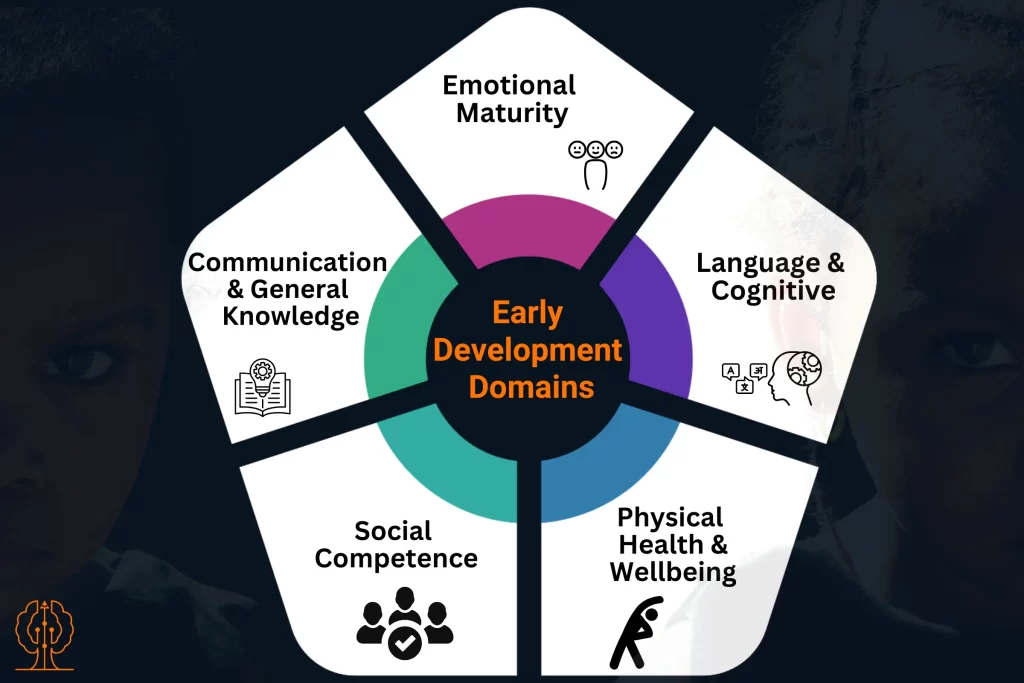

P: +256 (0765) 645975
P: +256 (0741) 838030
All the investments injected into children during this period are among the best investments a country can make to promote general development, equality, and social cohesion and to reduce the costs for later remedial programmes. This is the time to start playing a vital equity role in preparing and compensating disadvantaged families and children with disabilities so that they can combat inequalities.
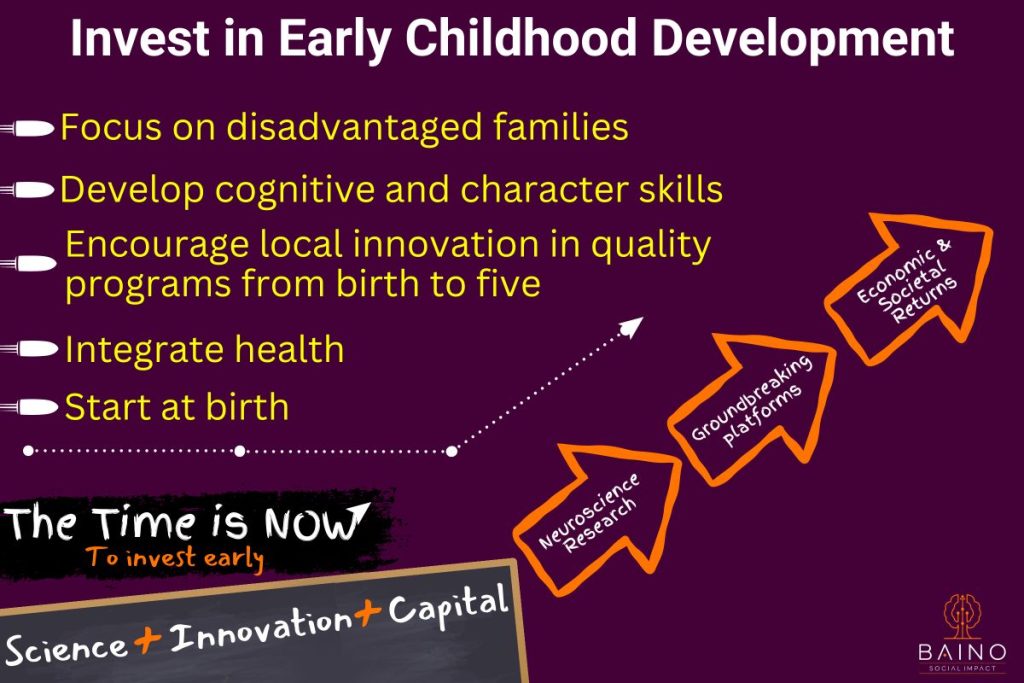
Generally, in both developed and developing countries, poor and disadvantaged children remain the least served. Compare this to the living conditions of the children in the most impoverished region of the poorest part of the world: Sub-Saharan Africa. Indeed, the Busoga region needs all the support there is to offer.
Given the current meagre circumstances in the region, the added value of early childhood care and education services should be higher in the Busoga region than in other modest and affluent places.
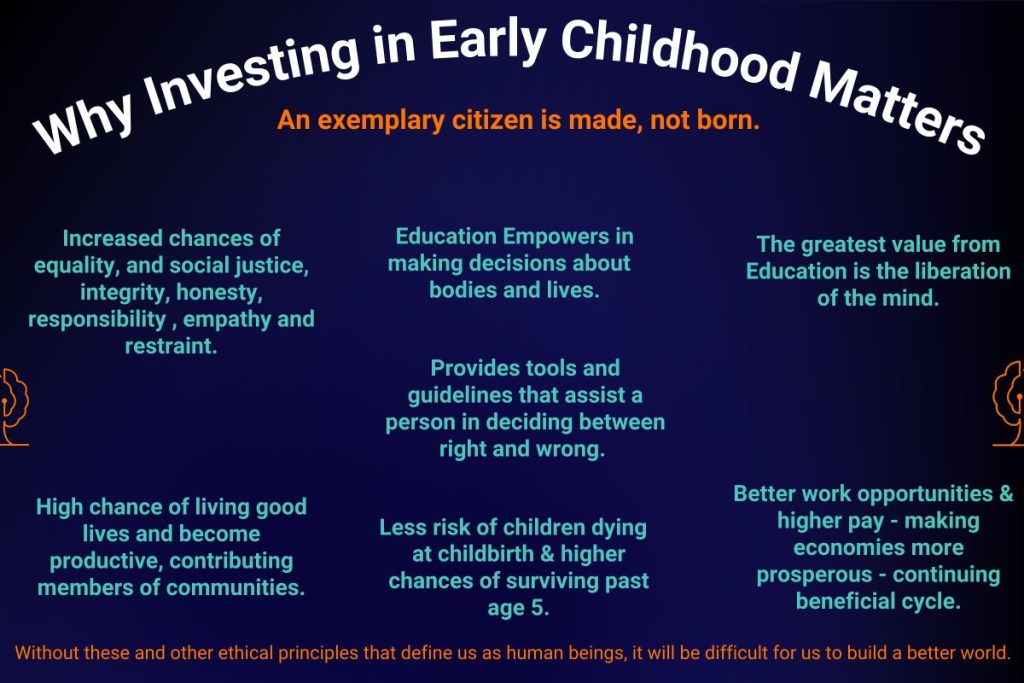
Why Invest in Early Childhood
The early childhood stage is critical for mental development and physical growth.
As mentioned, during this stage, a child’s remarkable growth and brain development is at its peak. The significant synaptic growth of the brain is at its fastest and is followed by a surge in cognitive abilities.
Children need vital nutrients and personal interactions for balanced brain growth at this stage. It’s a stage in which children start to speak correctly, master their hand-to-eye coordination, achieve muscle growth, and gain motor skills. These skills are developed to practise other skills like picking up objects, writing, drawing, throwing, catching, etc.
Thus, it is optimal that the surrounding environment be encouraging and supportive in all ways – allowing children to explore and try new things.
This is the stage in which cognitive growth and development take a solid shape that will stick with children through adulthood. It’s a stage of social-emotional growth that includes children understanding the “sense” of self, relationships, and sociability.
Individualism starts to become more prominent at this stage.
In the infant stage, children start to experience life more holistically. All the social, emotional, cognitive, language and physical lessons are formed as one complete experience.
Children start to make sense of the world around them as early as three months.
As several studies have shown, it’s common knowledge that early childhood education is critical in preparing children to enter and succeed in school. They tend to have better grades in math and reading and increase their odds of completing formal education.
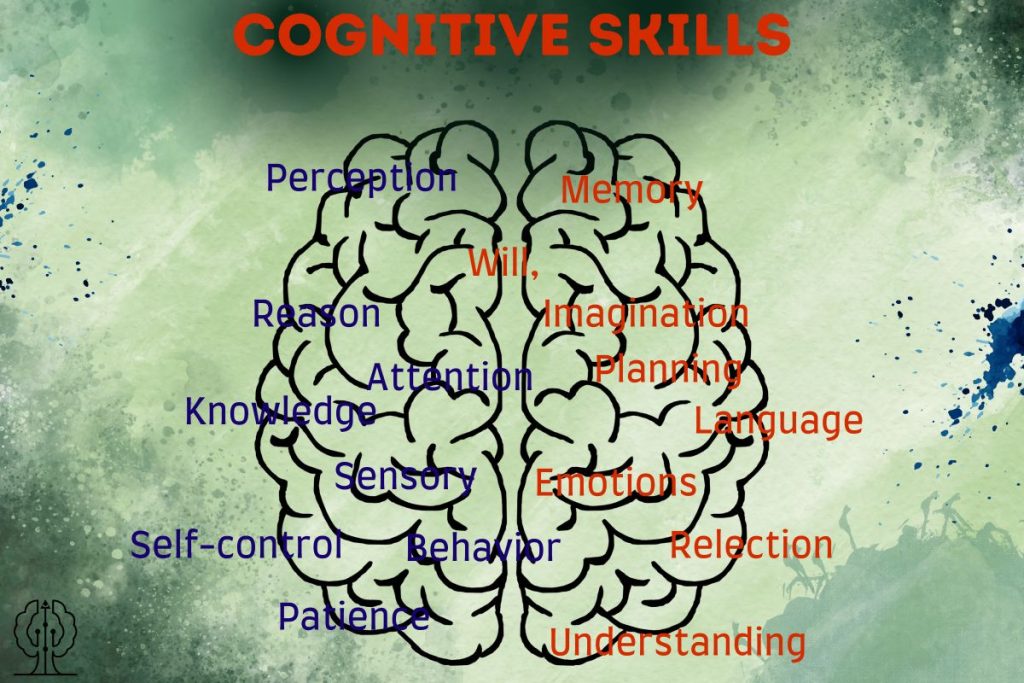
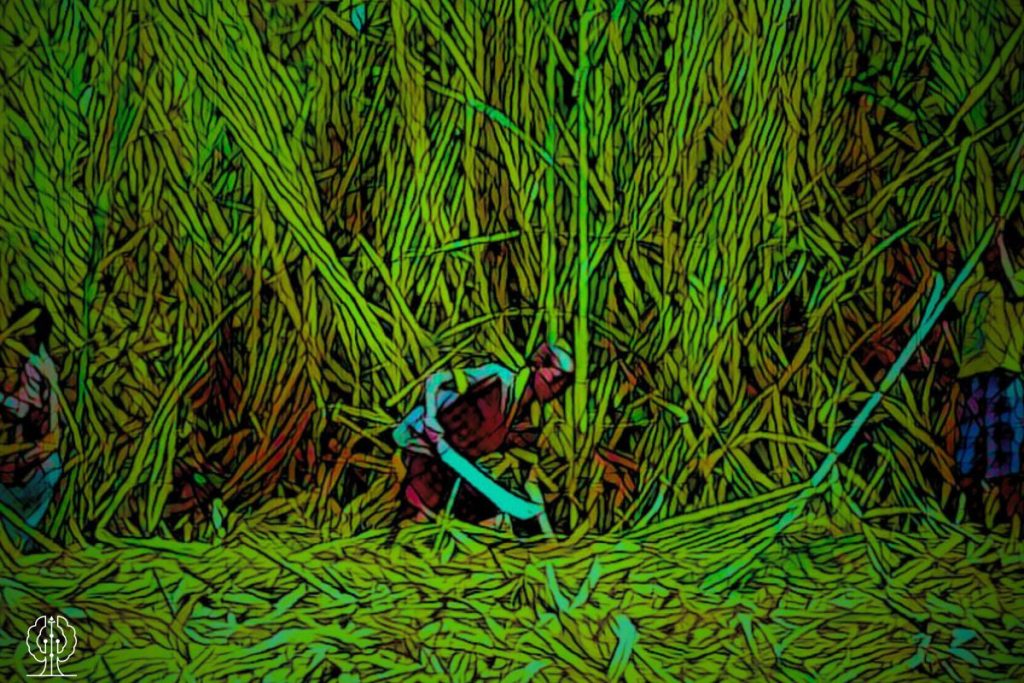
Other advantages include minimising social and mental health risks while increasing the quality of self-sufficiency skills.
The lack of substantial attention allocated to early childhood education in the Busoga region is distressing. The present environment in which children survive exposes them to many risks that are bound to affect their educational journey and general lives. Statistics have repeatedly shown that the country’s child labour in the Busoga region is the highest. Many children don’t attend school. The drop-out rates are higher than anywhere else. Yet, children live in households characterised and shaped by poor nutrition, poor health care, deprived social lives, absolute poverty, and other related social challenges. That is not ideal in any sense for a growing child.
An “at-risk” child is one who, given several factors related to their family situation and environment, is more likely than the average child to experience abnormal brain development, have difficulties succeeding in school and life, and sometimes be more likely to engage in detrimental behaviours that affect their general life development.
The following are among other factors, especially in combination, that can statistically increase a child’s risk levels: living in poverty, having a mother who never completed high school, having a parent who is emotionally unstable, depressed, or stressed out, and being exposed to violence either at home or in the general community.
